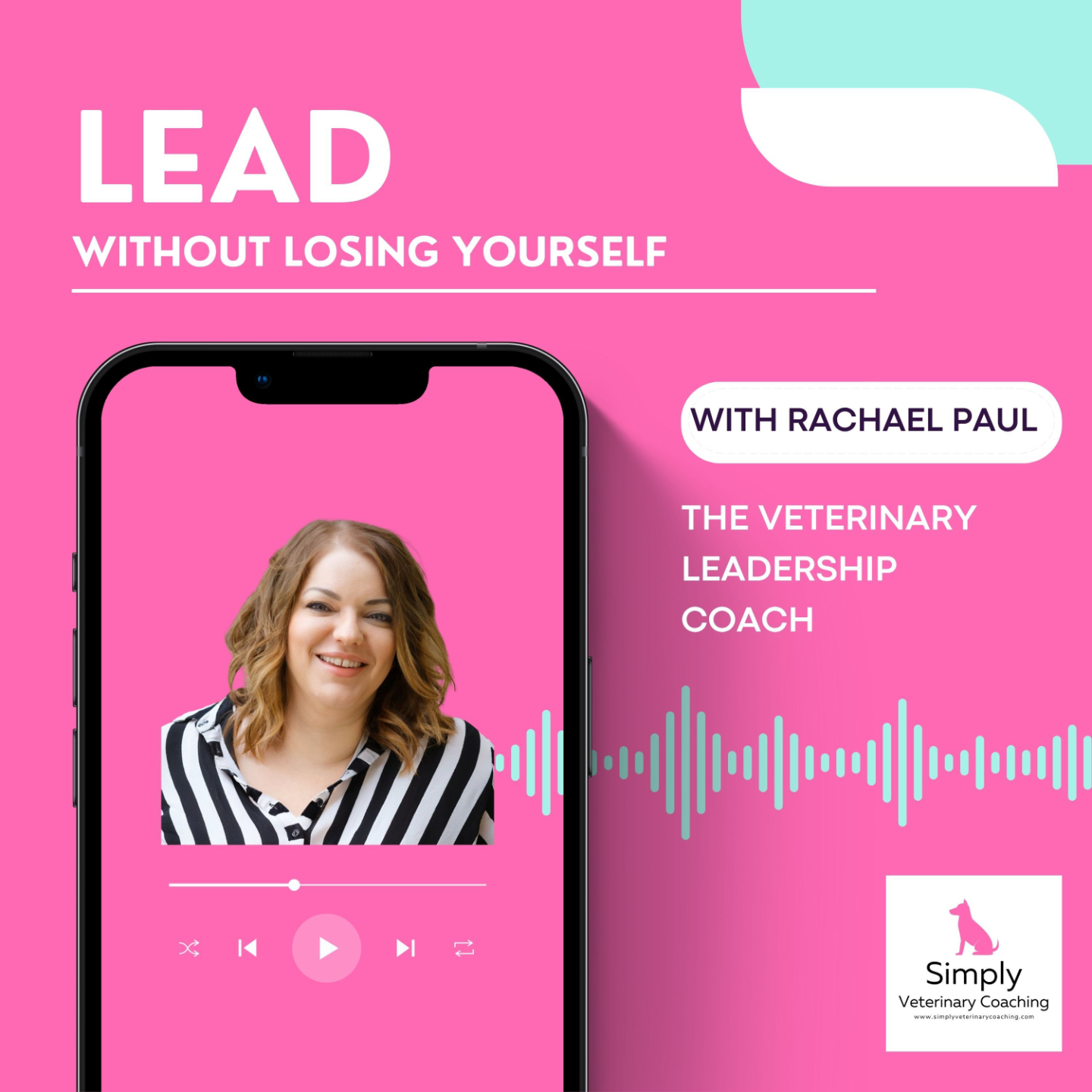My 3 Step Method for Conducting a Great Interview
When preparing to interview a prospective candidate, keep it simple and follow my P.E.C method: Preparation. Experience. Curiosity.
P = PREPARATION
"The meeting of preparation with opportunity generates the offspring we call luck." – Tony Robbins
Over the last 10 years I see people falling into one of two camps – those who don’t prepare for interviews at all and prefer to wing it, and those who overthink and overprepare, so much so that they come across too strongly, too rigid, and too serious.
There are some key areas to cover when preparing for an interview, but the most important is: Know who you are looking for. (And looking for a ‘vet with a pulse’ is the incorrect answer 😉)
In a candidate’s market it can be tempting to take what you can get. You might have some criteria for who would be your next special team member but may fear being picky and not getting anyone at all. Because having someone is better than having no one, right? Wrong.
If you set your sights on the person you want, you can design your interview approach, strategy, and questions to ensure you get the information you need to assess the candidate against your criteria. You have to have a way of measuring their suitability, otherwise you’re working blindly.
- Who is your ideal person?
- What are your non-negotiables and the negotiables?
- What is the spirit you want to see? e.g., pride in their work, a love of the profession, gets a buzz out of client interaction, coachable, teachable, service minded, embraces change, enjoys learning etc.
- How will you know the person has these qualities? What evidence will you look for?
- What values should this person have to align with the practice’s values?
- What short-term, medium-term, and long-term career goals does your ideal candidate have?
- What value are you looking for someone to add to the team? (Clinically and non-clinically?)
- You should also be preparing to sell the opportunity: What are the main features and benefits of your practice? What do you have to offer your ideal candidate? What value can you add to their career and/or life? How can you help someone grow and achieve their goals? If you don’t know what you’re selling, neither will the person sat in front of you.
You may also be interested in:
Blog post: Finding Your Practice’s Sparkle (simplyveterinarycoaching.com)
Scorecard: Do you know your practice's sparkle? (scoreapp.com)
E = EXPERIENCE
"People will forget what you said, people will forget what you did, but people will never forget how you made them feel." – Maya Angelou
The candidate’s experience of your practice starts from the moment they contact you. Every interaction you have up until the interview are as important as the interview itself. You are communicating with the candidate throughout what they should expect from an employment experience at your practice, and under your leadership.
There are ways to make this process feel really special, and memorable, whether the candidate joins your practice or not. People talk, so even those who don’t join your practice will have still had a great experience and will inevitably tell others about it, which will have a positive impact on ongoing recruitment.
The secret to a successful recruitment process is to look at what most other people are doing and do the opposite. Most veterinary practices don’t make the interview process special. They don’t pay special attention to even the simplest of details, such as ensuring the team on the front desk know they are coming and can ensure they get a warm and welcoming VIP greeting.
There are many things you can do during an interview process to make it highly personal and create a lasting impression. For example, having the meeting off-site over lunch, dinner, or coffee, is a great way to make the candidate feel valued. It shows people you are investing your time and energy in finding the right person. If someone is travelling from a distance via public transport for the interview, you could organise for a team member to collect them from the train station. If they are not local to the area, you could drive them around and give them a tour of key things they want to see. There is no limit on what you could do, but often it’s the smallest of gestures that have the biggest impact.
C = CURIOSITY
"Curiosity is what separates the truly alive from those who are merely going through the motions." – Tom Robbins
Many interviewers come to interviews with a set list of questions which they use with all candidates. But this doesn’t leave space for the candidate to reveal themselves to you.
Get curious about the person sat in front of you by asking thoughtful questions. Find about the person, not just the vet/nurse: Who are they outside of work? What do they enjoy doing? What lights them up outside of veterinary? Find out about their journey: When did they first know they wanted to become a vet/nurse? How did they get to where they are today?
People warm to someone who shows real curiosity in an exchange, so being curious is a great way to build rapport and connection with who you’re interviewing. A curious person is always genuinely interested.

